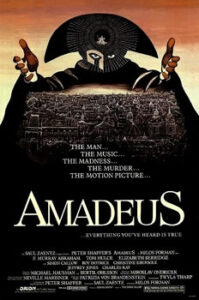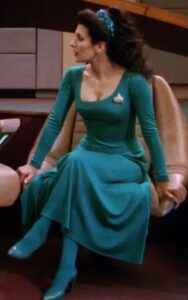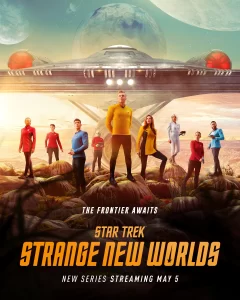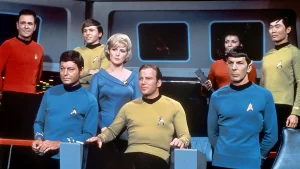.
My sweetie-wife and I have now completed all the available seasons of the Finnish police procedural series Arctic Circle (Ivalo in Finland). The protagonist Nina in Season Three became the chief of the Ivalo police force and became entangled with a tech billionaire, his self-driving car company, and murders surrounding the launch of his newest product. That was a decent season and did not come off as a direct critique of any particular real-world billionaire with a self-driving car company.
Sadly, Season 4 proved more disappointing.
 A comet is passing close to Earth, and a collection of international astronomers and scientists is gathering in Ivalo to study the object, but an American terrorist has also slipped past the watchful eyes of the FBI and escaped to the Lapland community. When the staff of a nursing home murders nearly all the residents, Nina discovers that a cult of Christian fanatics are in her town and they have a grand scheme based upon their twisted understanding of their splinter church’s teachings.
A comet is passing close to Earth, and a collection of international astronomers and scientists is gathering in Ivalo to study the object, but an American terrorist has also slipped past the watchful eyes of the FBI and escaped to the Lapland community. When the staff of a nursing home murders nearly all the residents, Nina discovers that a cult of Christian fanatics are in her town and they have a grand scheme based upon their twisted understanding of their splinter church’s teachings.
Now, just that would be a perfectly fine season-long arc. Nina has both professional and personal challenges—her formerly drug-abusing sister now a deeply committed Christian convert—and juggling being a professional and a new mother. But the series went off the rails when it introduced elements of the supernatural and made the religious beliefs reflect reality.
Characters get mysterious voices in their heads that actually are vital clues to solving the crimes. The comet, which we have been told visited the Earth about 2,000 years earlier and was the actual “Star of Bethlehem,” hangs in the sky and actually leads the police to the perps.
No, no, no.
Now, I have no issues with Christianity being real in the right sort of story. You can’t have The Exorcist without it. (As the sequels kind of prove.) The worldbuilding has to match the genre and style of story that is being told. True Detective successfully blends elements but also generally refrains from providing explicit answers.
Arctic Circle spent three seasons presenting grounded drama without any hints or suggestions of preternatural aspects to its worldbuilding. Trying to add them this late in an established setting is doomed to failure. You just can’t hand-wave Christ and Holy Signs into the story with literal, if subtle, divine intervention as a deus ex machina in the final episode. When you do that, you break the reality of the worldbuilding.




